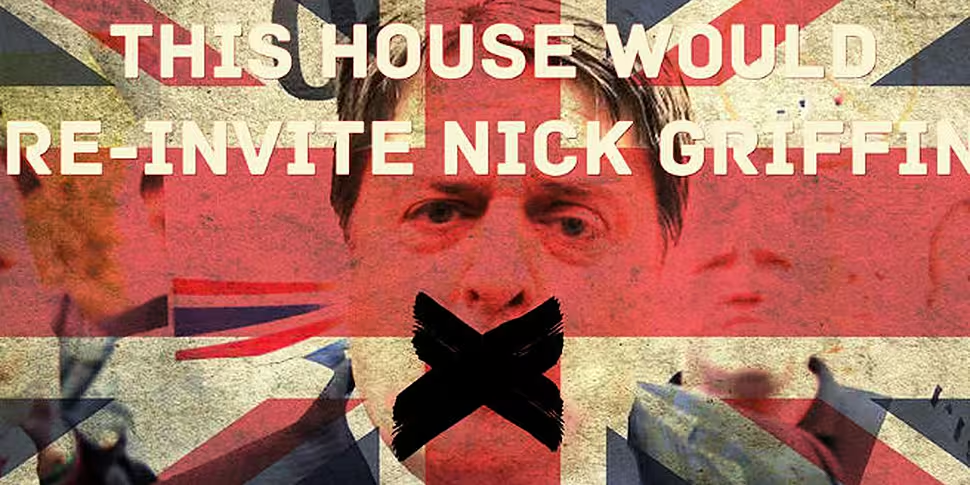This month marks the start of term for incoming third-level students, and with that comes each university’s take on the freshers’ week tradition. While most are focused on picking classes, navigating campuses and scoping out the local pubs, one UK campaign is trying to get all eyes on the issue of campus free speech.
The ‘Down With Campus Censorship’ campaign was founded by Spiked Online to promote free speech on university campuses across the UK, eager to push the notion that censorship is a growing problem in British universities.
While its goals seem admirable on the surface, the campaign is not the beacon of enlightenment it presents itself as. Anyone familiar with Spiked knows its reputation as a reactionary and contrarian publication, happy to take right-leaning stances on issues such as environmentalism and multiculturalism. The ‘Down With Campus Censorship’ campaign seems as sensationalist and not to be taken seriously.
Looking at the causes it champions, all of which are issues on Irish campuses too, it's easy to see that there is no nuance to the campaign’s agenda. One of its main targets is the National Union of Students' ‘No Platform’ policy, which restricts student societies from inviting speakers linked with extremism. The policy has mainly been used to prevent speakers from the British National Party or groups linked with Islamic extremism from attending campus events. It doesn't appreciate that these events are often recruiting tools, and also a chance for these groups to gain legitimacy. More importantly, it thinks these invites are given for reasons other than sensationalist attempts to draw crowds.
"There are always issues of free expression under threat, but they deserve a much less sensationalist campaign."
Student debating societies are often at the centre of these controversies, and Ireland is no different in this regard. In 2008 University College Cork's Philosophical Society invited David Irving to speak at an event. The historian, whose revisionist work on the Holocaust is commonly cited as both denialist and of very little academic merit, is not the sort to whom a platform should be given. The same goes for British Nationalist Party leader Nick Griffin, who was invited to speak in Trinity College Dublin by their Philosophical Society in 2011. Both events were ultimately cancelled after substantial backlash from student communities, though TCD's Philosophical Society recently debated re-inviting Griffin.
In 2006, Umiveristy College Dublin’s Literary & Historical Society cancelled an abortion debate following reported threats of violence from pro-life group Youth Defence. These steps, while far from ideal, were taken not to censor, but to ensure the safety of pro-choice speakers at the event, and the society has debated the issue on an annual basis every year since. In 2012, the society experienced a huge backlash for an abortion debate poster that mocked a “Don’t litter” advert with a drawing of a baby being throwin into a bin. A campaign was quickly started to have the posters removed. Again, as important as free speech is, one society’s attempt to get publicity should not outweigh the huge offense that can be caused.
Other issues cited as free speech violations include student unions’ shops In the UK deciding not to stock The Sun, and restrictions related to potentially sensitive content, including a ban on students wearing t-shirts depicting the prophet Muhammed or guidelines given to lecturers on discussing sexual violence in the classroom. These are not steps taken to silence and brainwash, but rather to encourage a campus culture that is welcoming, tolerant and inclusive. There are always issues of free expression under threat, but they deserve a much less sensationalist campaign.
Cormac Duffy is editor of University College Dublin's University Observer newspaper.









